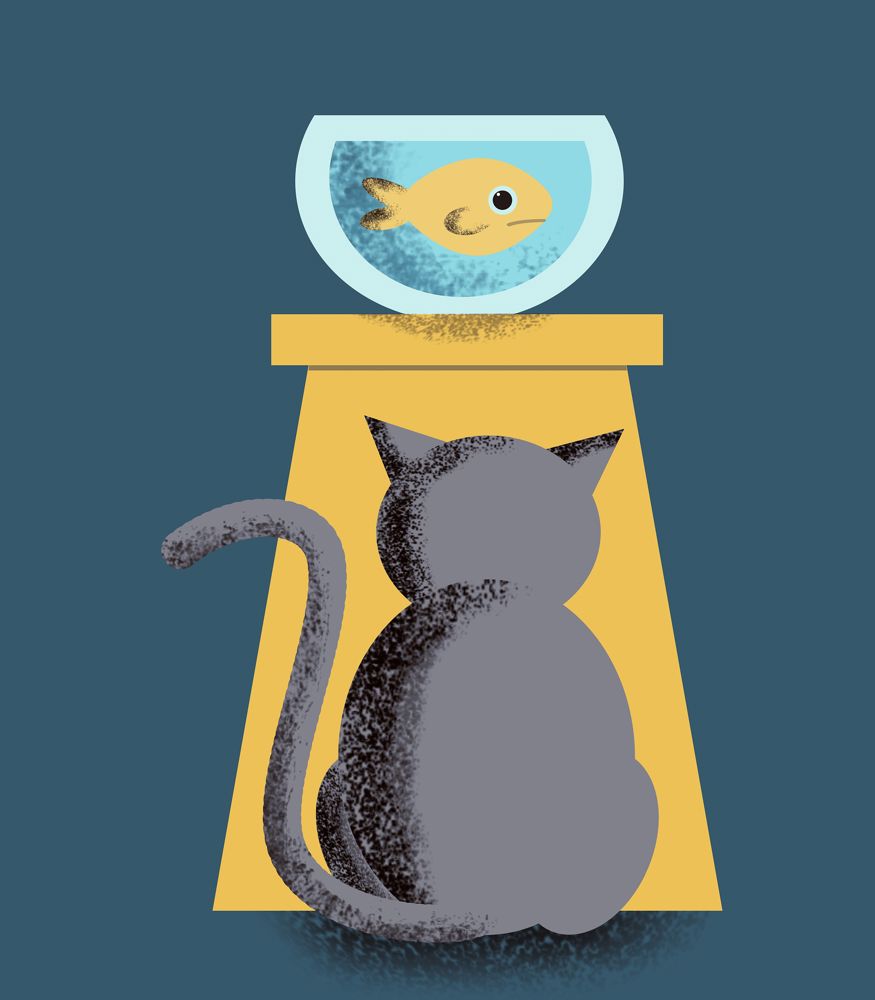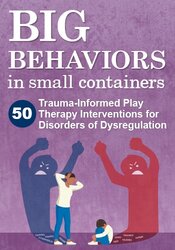Enrol in an online course today for flexible, self-paced learning—no fixed schedule required. Plus, enjoy lifetime access to course materials for convenient revisiting.
The Shadow Side of Therapist Curiosity

As clinicians we are often taught that curiosity is a virtue worth cultivating in ourselves and embedding in our practices. After all, curiosity, or so the prevailing thought goes, speaks to a deep desire to explore, to know, to expand beyond the narrow confines of the apparent, to set imagination aflame, to understand, and, ultimately, to relate. And who wouldn’t want to nurture those things?!
At its best, curiosity is a foundational tool in the therapist’s kit – it expands horizons, conveys interest, and can help us join with a client in imagining into the radical possibilities of their worlds. How many times, after all, do we preface a query meant to deepen into a client’s lived and embodied experiencing with the phrase, “I’m curious…”?
But curiosity has a ‘shadow side’. There are benefits to being a curious therapist, but there can also be costs when we’re not careful about what we’re curious about. In the consulting room, what the curious therapist perceives as an opportunity for growth, learning, and relating can be experienced by our clients as objectifying and tokenising. As a trans femme whose body is heavily politicised – hypervisible, constantly scrutinised, and often fetishised – I have felt curiosity’s uncomfortably denuding gaze all too often, whether from passersby, friends and family, colleagues, or mental health and medical providers.
I came out as trans during the first spring of my counselling programme. At a certain point I recognised that I needed to do the same for the clients and staff at my new practicum site, a local intimate partner and sexual violence shelter.
I began with my on-site supervisor, a cis gay man. I quickly felt the full force of his curiosity. His questions had been innocent enough, at first. (They seem to always begin that way!) But before I knew it I was being asked whether I would have “the surgery” (meaning, for him, a vaginoplasty), whether my wife and I would be staying together, how she identified sexually, and what sex was like with us. It went on like that for half an hour: a barrage of questions, each followed by a “fascinating!” and a sparkle in his eye that spoke to titillation. And when I finally stumbled out of my supervisor’s office, I felt like there was not a hot shower long enough to cleanse me.
Trans and gender expansive people are merely the latest recipients of the kind of objectifying, invasive curiosity I encountered at my first practicum site. Indeed, there’s a long and traumatic history of the curiosity of dominant groups being deployed against the bodies – and, particularly, the sexual bodies – of indigenous people and people of colour in order to deny them rights and call into question their humanity.
When we deploy curiosity in these ways in our work with clients, we bring this painful and ignominious history into the consulting room with us and we risk operationalising our curiosity to become unwitting instruments of social control.
So how do we navigate this tension between curiosity as horizon-expanding and curiosity as something that can foreclose conversation and cause immense, relationship-rupturing harm? In my work, and particularly my book Trans Sex, I argue for the need to bound the provider’s curiosity within an ethical framework, one which seeks to dismantle a clinician’s entitlement to know and ground the therapeutic relationship in cultural humility and upholding client self-determination. I call this framework ethical curiosity and I propose three principles for embedding it into clinical practice:
1 Question your desire to know
When you feel curiosity’s pull, ask yourself “who is this for?” This might lead you to other check-ins with yourself such as:
- “Why am I asking this question at this time?”
- “Does this serve my client’s interests or my own?”
- “What assumptions am I bringing to this interaction?”
- “Who is responsible for educating me about material a client is bringing into the room, and how might I use this as an opportunity to enlarge my scope of competence?
2 Re-vision informed consent
Don’t think of informed consent as a one-time practice, but rather as something that is renewed and renegotiated, both at the start of each session and during check-ins with clients in the midst of session.
3 Treat the client in front of you:
Don’t allow a single facet of a client’s identity constellation (viz., that they are kinky, non-monogamous, queer, trans, Latine…) become the focus of your curiosity.
It is important to recognise that these principles are not a set of hard and fast rules as much as they form the basis of a process and a series of ways of grounding the invaluable tool of curiosity in ethical practice. You’re probably already engaging in at least some of the practices in your work I briefly outlined in this post! But in laying them out here I’m hoping that we, as therapists, can begin a series of conversations about how we can un-settle and examine our practices, all with the purpose of expanding the possibilities for joining with our clients and supporting them in ways that empower.


















